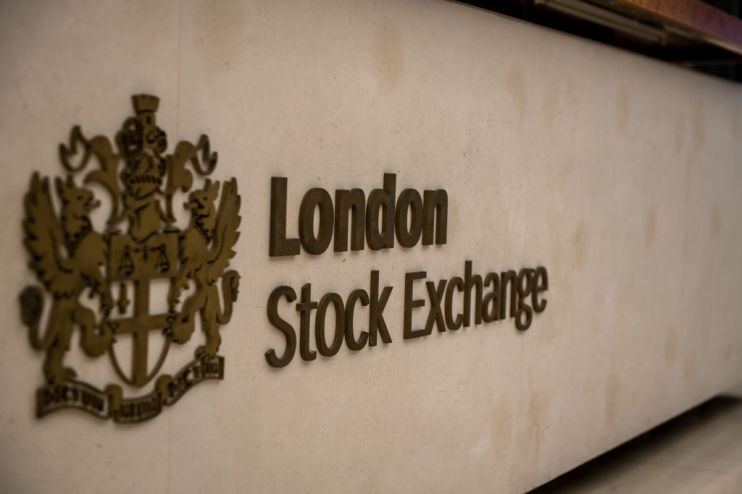London Stock Exchange celebrates AIM’s 25th anniversary

The London Stock Exchange (LSE) will this week celebrate the 25th anniversary of AIM, its sub-market for smaller and growing companies.
Since its launch in 1995 over 3,800 companies have been admitted to AIM, raising a combined £118bn in equity capital, according to new research by audit firm Grant Thornton.
In 2019, AIM-listed companies contributed £33.5bn gross value added (GVA) to UK GDP and directly supported more than 430,000 jobs, the report found – increases of 35 per cent and 22 per cent respectively compared to five years ago.
“Ensuring that dynamic growth companies can realise their potential is vital to the UK’s current and future prosperity,” said LSE chief executive Nikhil Rathi.
“By enabling retail and institutional investors to access growth, AIM plays a vital part in the nation’s wealth creation helping to fund the creation of jobs, drive productivity and foster innovation and exports,” he added.
Some 53 per cent of companies listed on AIM today have a market capitalisation above £25m, as opposed to one third in 2000. The research also found that 79 countries are currently represented on the market.
Before the Open newsletter: Start your day with the City View podcast and key market data
Of the UK-incorporated businesses on AIM, 60 per cent are based outside of London, a figure that Treasury minister John Glen said demonstrates AIM’s “role in regional economic development and employment”.
“The UK’s innovative and dynamic SMEs are the backbone of our economy,” Glen added. “The UK Government has backed AIM in a number of ways, whether through tax incentives or allowing AIM shares to qualify for ISAs, and we remain dedicated to supporting the UK’s high growth companies to achieve their potential.”
Of the £118bn capital raised by AIM companies since the market’s inception, 39 per cent was raised at admission, with the remaining 61 per cent raised through further fundraising.
Rathi said that the continued access to capital that AIM can offer growth companies was “particularly important” to “support business in the recovery from the impact of the Covid-19 pandemic as firms look not only to strengthen their balance sheets but to fund innovation and growth”.